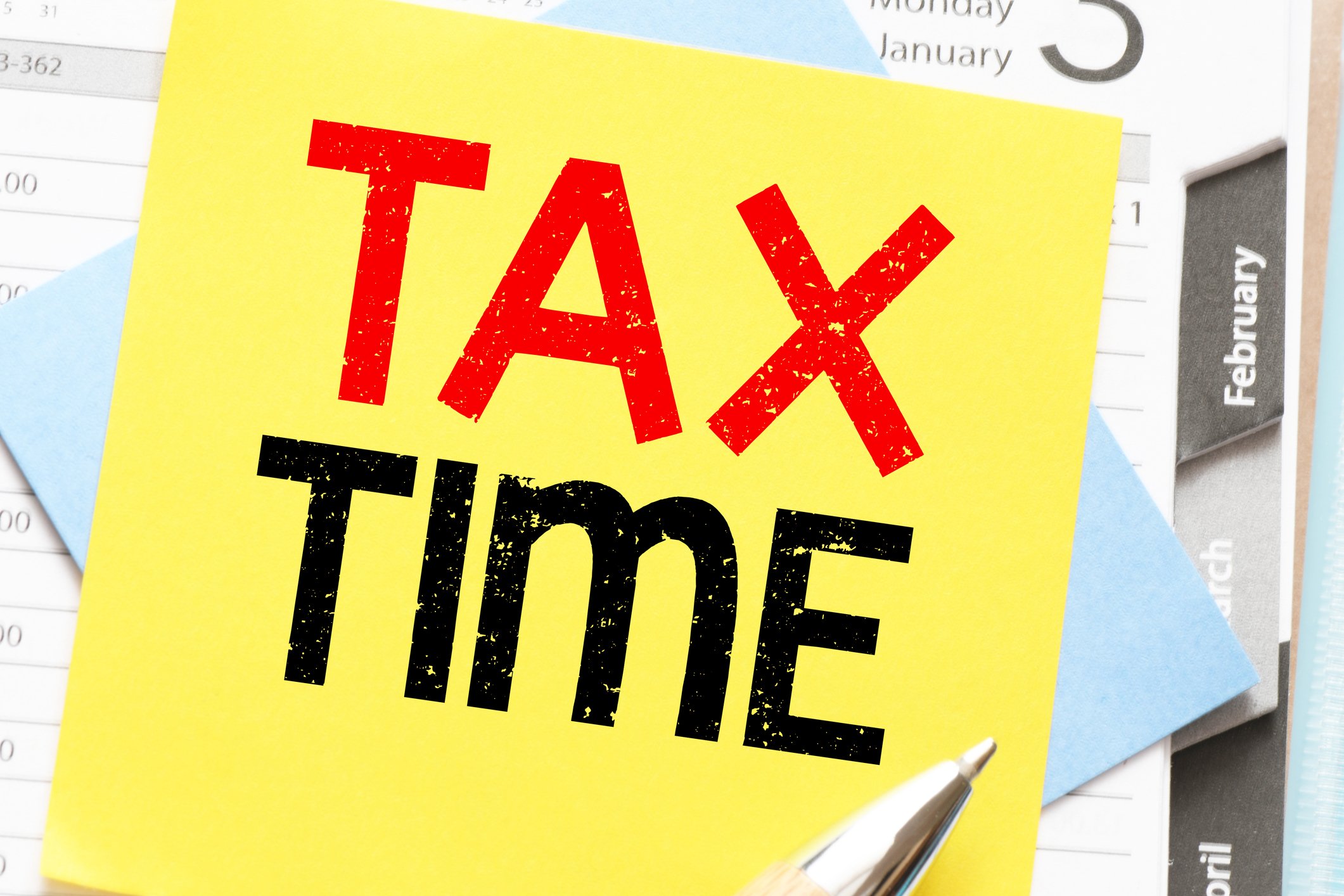
Tax ID fraud is a growing concern, especially as more financial and personal data becomes available online. Scammers use stolen Social Security numbers and other personal details to file false tax returns and claim refunds before victims even realize what's happened. Learn tips on how to protect your identity and tax information.
-
File early
File your tax return as soon as you’re able, giving criminals less time to use your information to file a false return. -
File on a Secure Wi-Fi Network
If you’re using an online service to file your return, be sure you’re connected to a password-protected personal network. Avoid using public networks like a Wi-Fi hotspot at a coffee shop. -
Use Strong Passwords and Multi-Factor Authentication
Protect your online tax accounts, email, and financial information by using strong, unique passwords. Enable multi-factor authentication where possible, which adds an extra layer of security. -
Find a Tax Preparer You Trust
If you’re planning to hire someone to do your taxes, get recommendations and do your research thoroughly before handing over all of your financial information. -
Shred Unneeded Documents
Once you’ve completed your tax return, shred the sensitive documents that you no longer need and safely file away the ones you do. -
Beware of phishing scams
Scammers may try to solicit sensitive information by impersonating the IRS. Know that the IRS will not contact you by email, text or social media. If the IRS needs information, they will contact you by mail first. -
Keep an eye out for missing mail
Fraudsters look for W-2s, tax refunds or other mail containing your financial information. If you don’t receive your W-2s, and your employer indicates they’ve been mailed, or it looks like it has been previously opened upon delivery, contact the IRS immediately.
What to Do If You Fall Victim
If you believe you’re a victim of tax identity theft or if the IRS denies your tax return because one has previously been filed under your name, alert the IRS Identity Protection Specialized Unit at (800) 908-4490. In addition, you should:
- Respond immediately to any IRS notice and complete IRS Form 14039, Identity Theft Affidavit.
- Contact your bank immediately and close any accounts opened without your permission or tampered with.
- Contact the three major credit bureaus to place a fraud alert on your credit records:
- Continue to pay your taxes and file your tax return, even if you must do so by paper.
More information about tax identity theft is available from the FTC at ftc.gov/taxidtheft and the IRS at irs.gov/identitytheft.